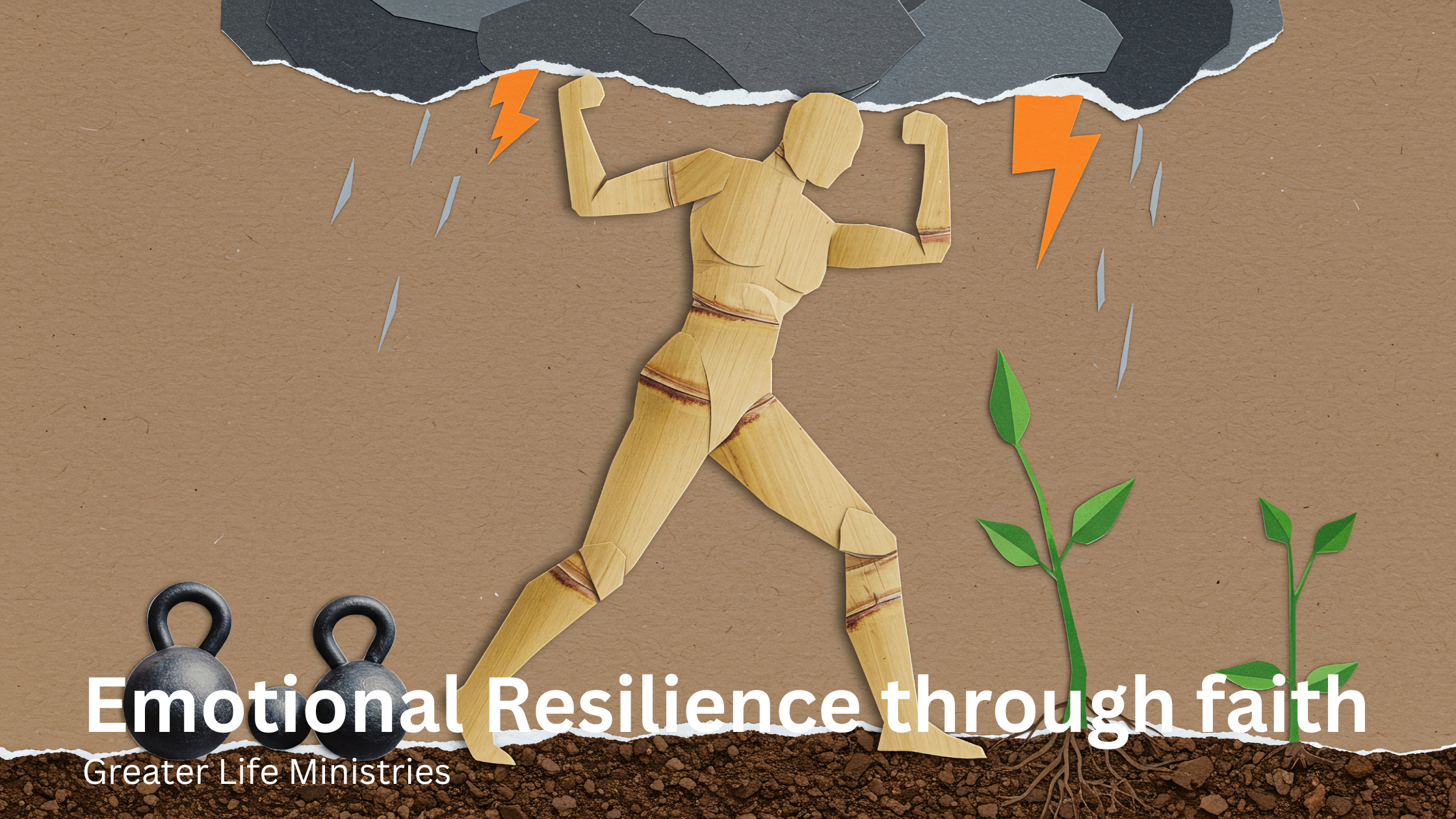Faith can be a powerful tool for building emotional resilience in the face of life’s challenges. When we begin to engage Jesus Christ in a deep and abiding faith, we can develop a sense of inner connection to him and stability that helps us navigate difficult emotions and experiences.
The Connection Between Faith and Emotional Resilience
Research has shown that people who are spiritually grounded tend to have higher levels of emotional resilience than those who are not. This is because faith sits between the person and the material object. Faith in this case provides a sense of purpose, meaning, and connection to something greater than ourselves.
When we say, “Trust in the Lord with all thy heart and lean not to one’s own understanding…” we are acknowledging the Lord by showing in our practices that there is a link between the individual and the Lord where others cannot determine who they are interacting with.
When we experience stress or adversity, our natural response might be to turn inward and focus on our own emotions and needs. However, when we’re rooted in faith, we can begin to see things from a different perspective because of our connection to Christ isn’t tied to objects that have rules that govern them. When you are outside of a thing and not tied to them, you can live in the moment not tied to any emotions, feelings or anything that can distort your perspectives..
How Faith Can Foster Emotional Resilience
Here are some ways that faith can help us develop emotional resilience:
- Perspective: Faith provides a sense of perspective and context that helps us see our struggles as temporary and fleeting.
- Hope: When we trust in God’s goodness and providence, we can cultivate hope for the future, even in the midst of difficult circumstances.
- Self-awareness: Faith encourages us to examine our own hearts and minds, helping us to recognize patterns and habits that may be contributing to our emotional struggles.
- Community: When we’re part of a faith community, we’re surrounded by people who understand and support us in our struggles.
- Coping mechanisms: Faith provides us with spiritual coping mechanisms, such as prayer, meditation, or scripture reading, that can help us manage stress and anxiety.
Practical Ways to Cultivate Emotional Resilience Through Faith
Here are some practical ways to cultivate emotional resilience through faith:
- Prayer: Take time each day to pray, sharing your struggles and concerns with God.
- Scripture reading: Read scripture that speaks to your heart, reminding you of God’s love and provision.
- Community involvement: Participate in activities or groups within your faith community that help you connect with others.
- Meditation and reflection: Take time to reflect on your experiences and emotions, seeking to understand the underlying causes and finding ways to grow from them.
- Gratitude practice: Focus on the things you’re grateful for, acknowledging God’s goodness in your life.
Emotional Resilience and Faith in Action
Faith is not just a passive practice – it can be an active force that shapes our emotions and experiences. When we live out our faith in practical ways, such as serving others or sharing our talents with the community, we can develop emotional resilience through:
- Empathy: Practicing empathy and compassion towards others helps us recognize their struggles and connect with them on a deeper level.
- Perspective-taking: Sharing our experiences and perspectives with others can help us see things from different angles and develop a more nuanced understanding of the world.
- Self-care: Prioritizing self-care and taking time for ourselves can help us recharge and maintain emotional balance.
By cultivating emotional resilience through faith, we can better navigate life’s challenges and find strength in our Lord and Savior.


Leave a Reply